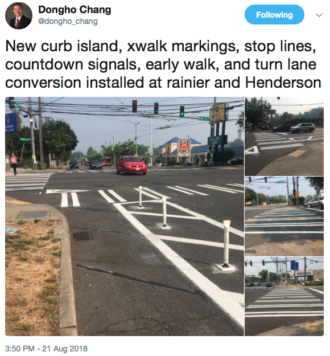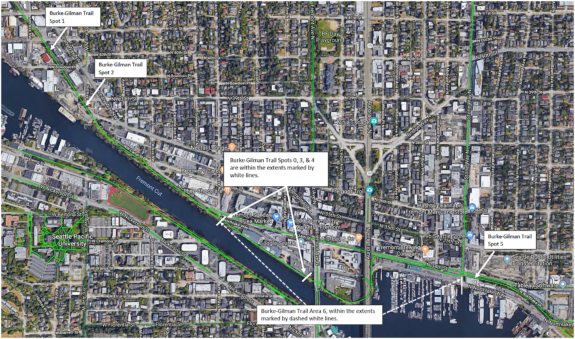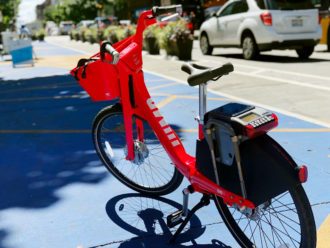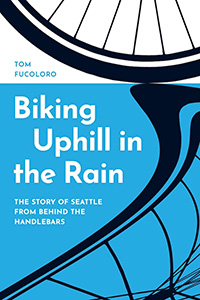
Tia Coleman lost her husband, their three kids and five more family members July 19th when a Ride the Ducks tour boat sank in a Branson, Missouri, storm. In all, 17 people on the Duck have died. The scale of her loss is unimaginable.
Now she is calling on the Federal government to ban the amphibious vehicles nationwide if they can’t be designed to be safe, something that should have happened long before July 19, 2018. You can sign her petition online.
But why were Duck boats still operating anywhere in our nation after one killed five people and injured a shocking 69 others in a single 2015 collision on the Aurora Bridge? The carnage total of that one Seattle collision was so overwhelming that it made up a full quarter of all traffic deaths on city-operated streets that entire year (does not include state-run I-5).
How did we not ban them immediately back in 2015? We should have. The Duck that killed Coleman’s family should not have been operating this summer. We cannot make that mistake again.
Senator Claire McCaskill (D-Missouri) has introduced Senate Bill 3301, which would ban amphibious tour vehicles that can’t meet more stringent safety guidelines, like having a back-up way of staying buoyant in case of flooding so that they don’t sink like a rock to the bottom with a vehicle full of trapped passengers. The bill mostly focuses on water safety, with road safety requirements notably absent. Perhaps those are amendments Washington Senators Patty Murray and Maria Cantwell could add.
Ride the Ducks Seattle, which shares branding and basic vehicle design with the Branson operation but is a separate company, said in a statement that their vehicles do meet the requirements outlined in the proposed bill except for elements they say may conflict with Coast Guard requirements: (more…)











